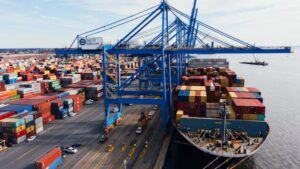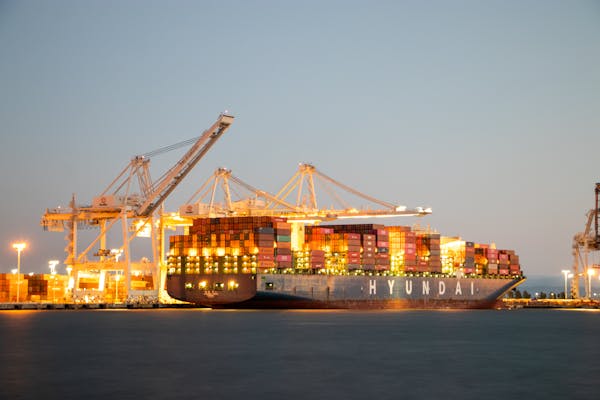When we examine the future of energy in the United States, the Global Pass Terminal in Texas stands out. It’s poised to be more than just a gateway for natural gas; it’s an economic catalyst. Looking beyond the steel and technology, the terminal is projected to funnel billions of dollars into the economy. I’ll break down the anticipated financial impact and explore how these billions could benefit industries and services beyond the natural gas sector.
It’s not just about the energy sector. The effect of such an infrastructure project reaches far and wide, touching everything from hospitality to transportation. I’ll explain how these ancillary industries might see a surge thanks to the terminal’s activities. Additionally, the role that energy exports play can’t be understated. The United States is not only vying for an economic boost but also aiming to strengthen its global economic presence. I’ll cover why this matters and how it could reshape the country’s geopolitical influence.
Of course, with great economic power comes great responsibility. I’ll address how, amidst the chase for dollars, sustainable practices and stringent compliance with environmental regulations are crucial for long-term gain. The balance of expanding the economy while keeping a check on environmental impact needs a detailed look which sets the stage for considering natural gas as more than just a commodity, but also as a responsibility.

Harnessing Natural Gas as a Versatile Energy Source
Natural gas plays a critical role in America’s energy landscape, powering homes, businesses, and even vehicles across the nation. Its versatility stems from its ability to generate electricity, provide heating, and act as a crucial raw material for various industries. But this isn’t where the story ends; natural gas has the potential to be one of the cleaner fossil fuels if handled correctly.
Natural gas isn’t just about keeping our lights on and homes warm; it’s also vital for manufacturing products, from plastics to fertilizers, illustrating its role as more than just fuel. Yet, despite its wide-reaching applications, there is a pressing need to manage a potent side effect: methane emissions.
Methane, the primary component of natural gas, is a significant greenhouse gas, with a greater short-term impact on climate change than carbon dioxide. This puts a spotlight on the importance of minimizing methane leaks throughout the extraction and distribution processes to fully embrace the environmental benefits of natural gas.
Innovative technologies have entered the scene, aiming to make methane management more effective. From infrared cameras that spot leaks invisible to the eye, to drones conducting aerial surveillance of pipelines, these advancements are game changers. Implementing these technologies isn’t just good for the planet; it’s smart economics, ensuring the maximum amount of harvested gas reaches its final destination, ready for use.

Economic Growth and Environmental Stewardship: The Global Pass Terminal Project
I understand the careful balance needed between economic growth and respecting our environment. The Global Pass Terminal in Texas serves as a hallmark of this equilibrium. By enabling the import and export of natural gas, the project is positioned to be a significant player in the US energy industry.
When I explore the economic impact of the Global Pass Terminal, I see a robust structure for the local and national economy. It’s projected to be a boon, potentially offering billions of dollars in growth.
More importantly, the promise of creating approximately 45,000 new jobs cannot be understated. These opportunities span various skill sets and industries, bringing a surge of employment potential to Texas and beyond.
Yet, this growth doesn’t come without its challenges. Addressing methane emissions is a crucial part of the project. Here, technology and innovation step into the spotlight, with stringent emission controls and advanced monitoring systems employed to minimize environmental impact.
In conclusion, the Global Pass Terminal isn’t just an economic venture; it’s a commitment to energy progress and environmental responsibility. It stands as evidence that with the right management and foresight, the energy sector can create profound economic opportunities while maintaining a staunch commitment to our planet.
